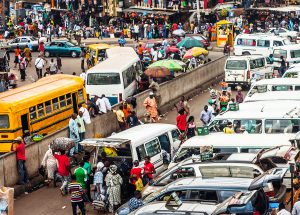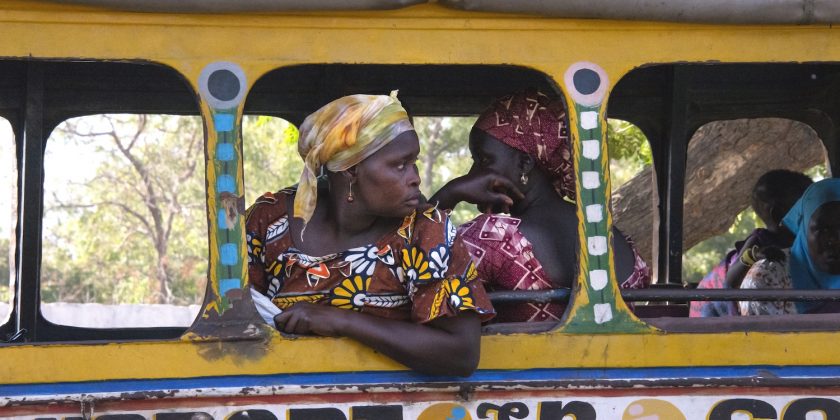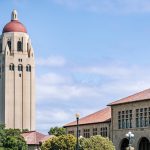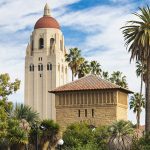Introducing the Migration and Development Initiative, an IPL collaboration with Stanford’s King Center on Global Development that aims to make migration a powerful force for growth in the developing world.
People are on the move—some 270 million people currently reside outside of their country of birth—and governments are struggling to adapt.
Although much scholarship and policymaking addresses migration from developing countries to advanced economies, most of the world’s migrants move within the developing world. Take sub-Saharan Africa, where approximately 70 percent of migrants originate from another developing country. This disparity inspired the Migration and Development Initiative, a collaboration between IPL and Stanford’s King Center on Global Development.
Many projects aim to promote economic development in struggling areas, in part to encourage residents not to leave. But helping people migrate out of these areas can pave the way for better jobs, educational opportunities, and health. And just as the free movement of goods and services yields economic growth, the free movement of labor across boundaries has the potential to benefit not only migrants and their families back home but also the communities receiving them.
Yet there are challenges in realizing this potential. Aspiring migrants are constrained by lack of information, scarce resources for travel and training, and restrictions on their access to a host country’s labor market. An influx of newcomers can generate political and social tension. And there are more than 29 million refugees and asylum-seekers, who have fled violence or persecution. They face steep hurdles to rebuilding their lives as they wait to return home, be permanently resettled, or search elsewhere for opportunity and safety.
To unlock the development potential of migration for some of the world’s poorest and most vulnerable populations, policymakers urgently need insights and evidence. The Immigration Policy Lab is meeting this need with an innovative model that brings together social scientists, governments, service providers, and NGOs. Working in close collaboration, these teams gather new evidence, design programs based on that evidence, and evaluate them in the field—helping make migration an engine of political, economic, and social growth.
Featured Projects
Refugees’ Journey Home
How do refugees decide whether and when to return home? MDI researchers are exploring this question with a major panel survey of Syrians living in Lebanon. Using WhatsApp, they’ll stay in touch with 3,000 participating Syrian households, learning about their movement and studying how their plans evolve.
Cash Assistance and Onward Migration
In collaboration with Mercy Corps, MDI researchers are evaluating a program that gives money to Venezuelan migrants in Colombia. Are recipients more likely to leave overburdened areas and seek opportunity elsewhere in the country? With the guarantee of additional income each month, families may be better able to plan for the future.
 Asylum Policy in the Developing World
Asylum Policy in the Developing World
Much scholarship on migration focuses only on Western countries. To facilitate a shift of focus, MDI researchers created a dataset of asylum and refugee policies in more than 90 non-Western countries since 1951.
Their work reveals a general trend toward more liberal policies, and also helps us understand how civil wars, international development funding, and transnational ethnic linkages affect policymaking.
Planning for Productive Migration
MDI researchers are designing a pilot program to help underemployed rural men in West Africa boost their income through seasonal migration to urban centers. The program will include comprehensive migration counseling, skills training, and a transit subsidy.
Migration Data Analytics
MDI researchers are pursuing two projects using data from the International Organization for Migration (IOM) within West Africa. One examines how economic shocks, conflict, and extreme weather events affect migration. The other considers how policy changes influence the routes migrants take when moving within Africa or to Europe.







